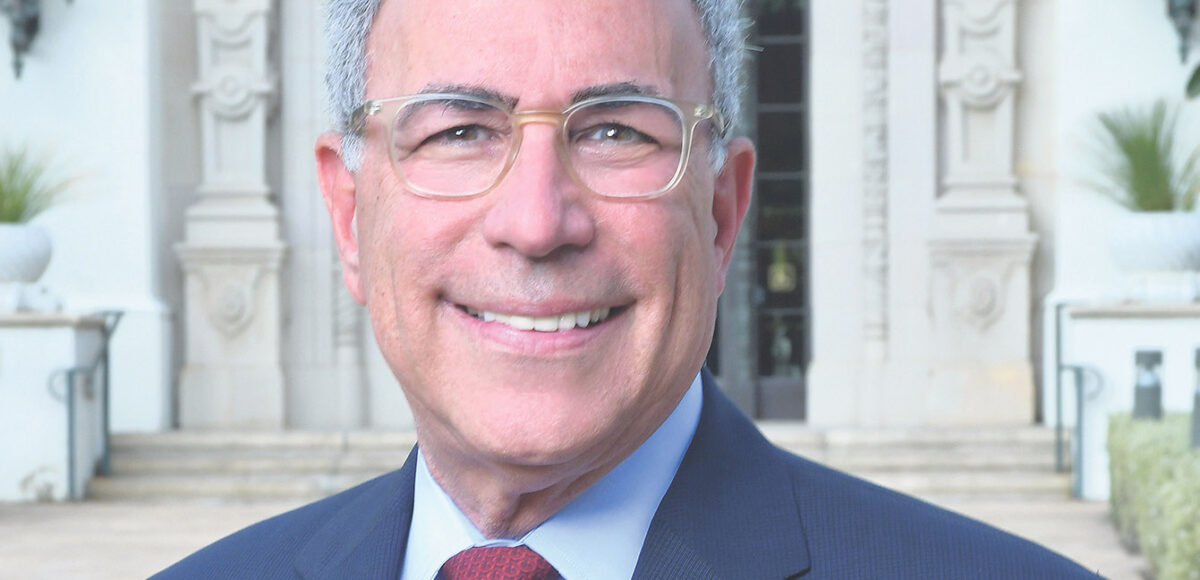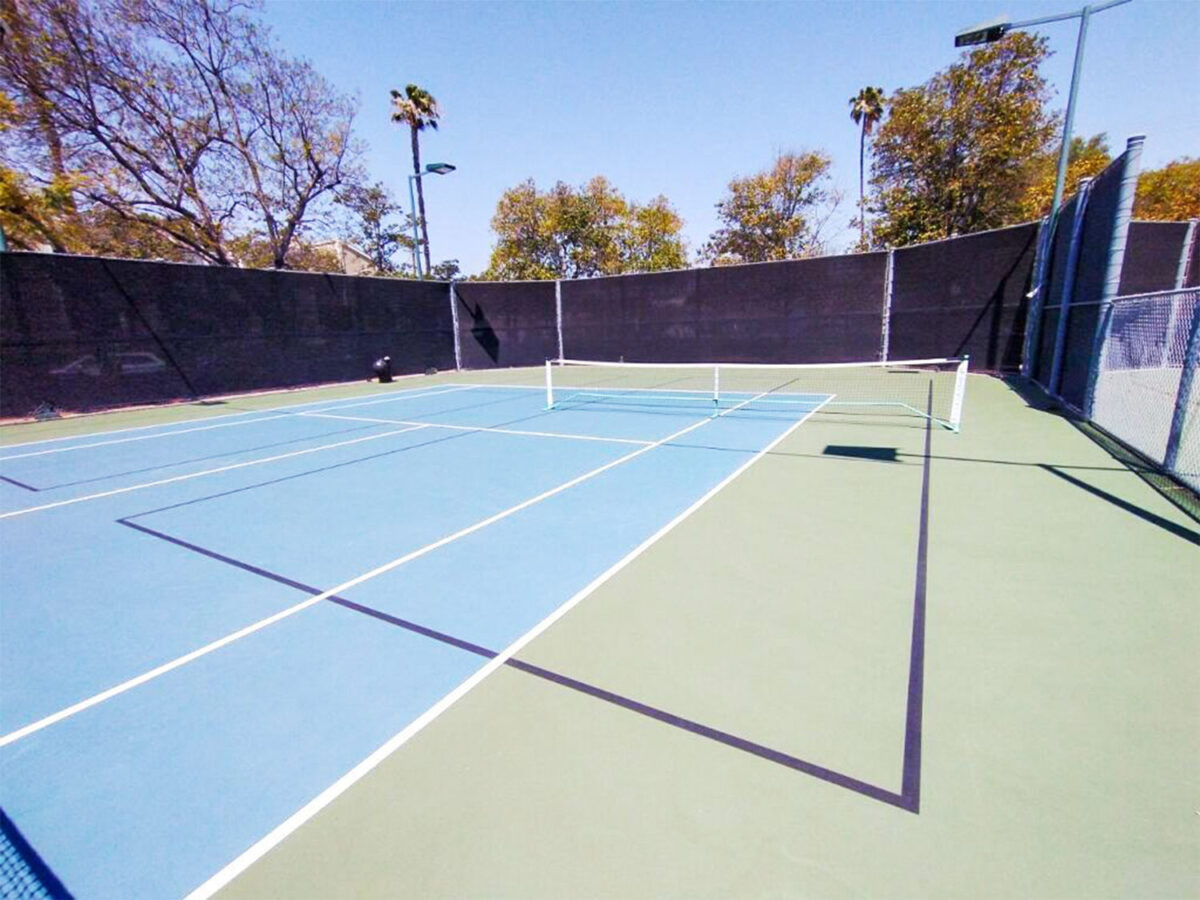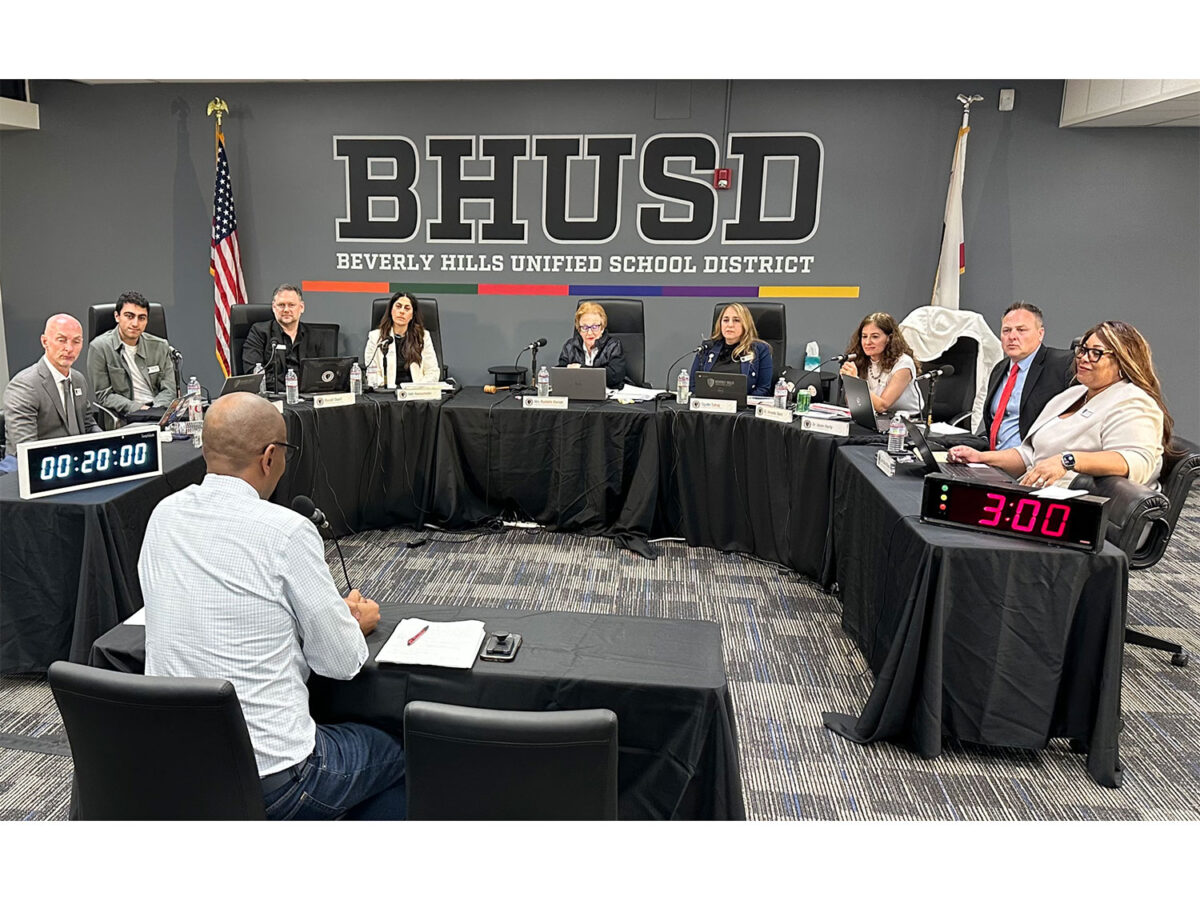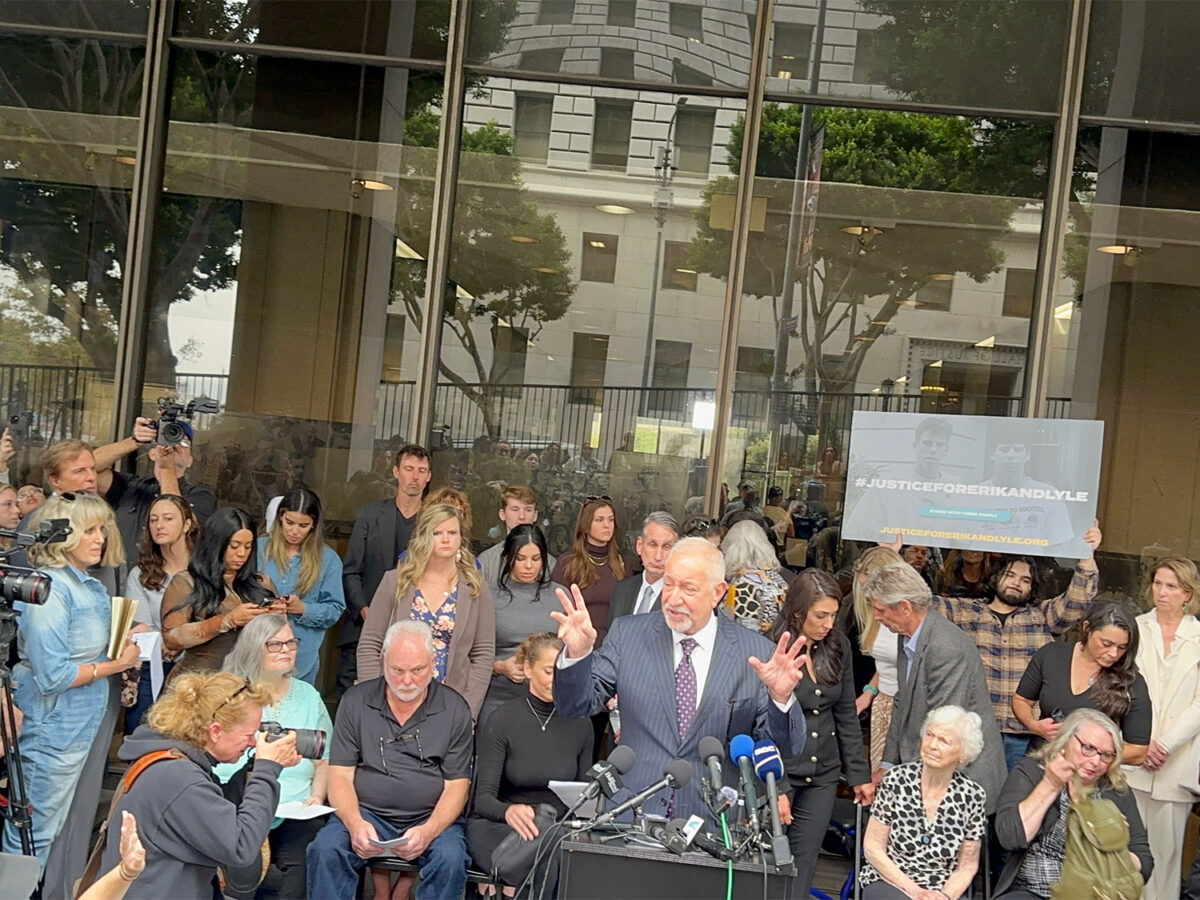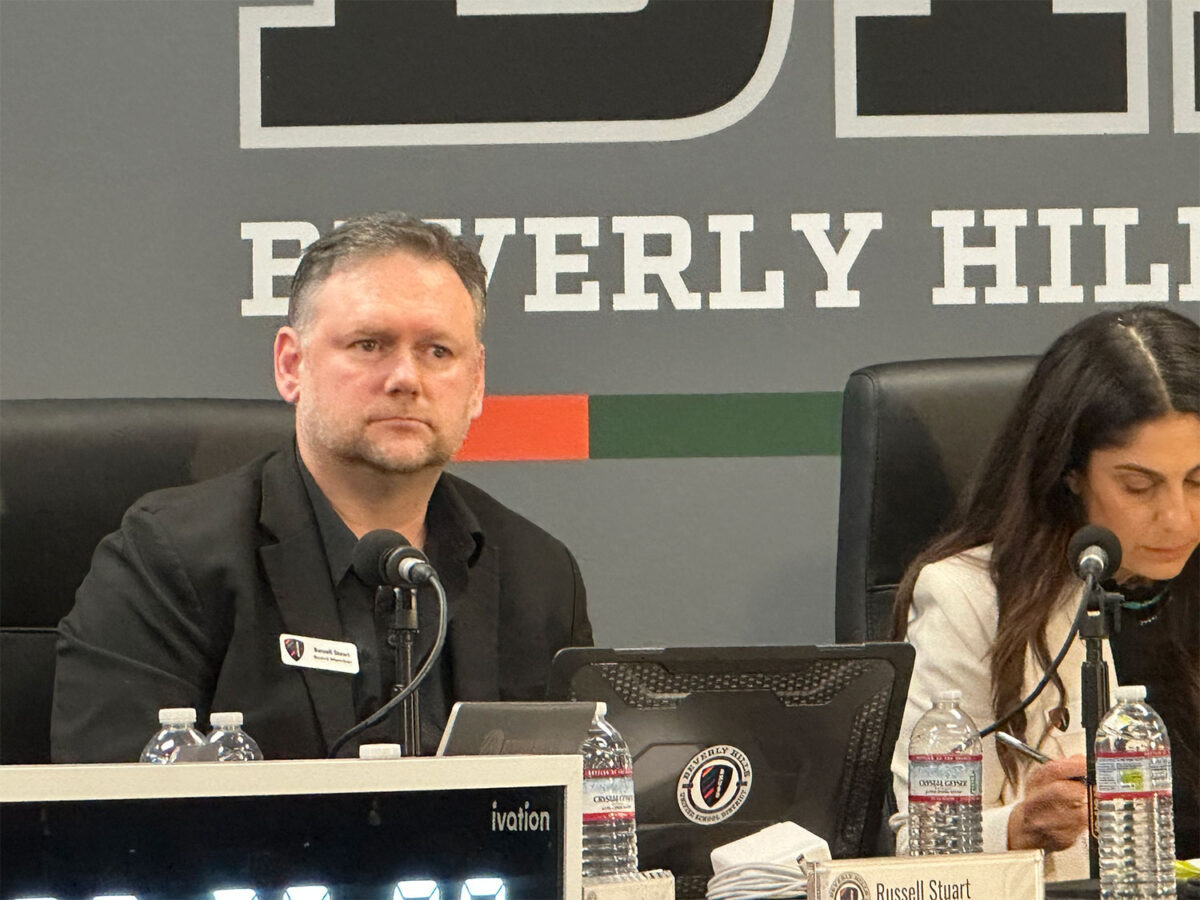Depression, eating disorders, drug sales — all of these dangers now rest in the palm of children’s hands, which is why the Beverly Hills community is taking a proactive approach to social media safety.
To help spread awareness on this issue, Mayor Lester Friedman will be hosting a special version of his town hall meeting series “Les is More: An Hour with the Mayor” next Wednesday, Sept. 4, featuring a panel of online safety experts.
The 90-minute event is being put on in collaboration with the Health and Safety Commission and will provide information on the latest dangers lurking on smartphones as well as actionable steps to protect children from harm. People can attend in person at City Hall or Zoom into the discussion by visiting beverlyhills.org/1365/Les-is-More-An-Hour-with-the-Mayor.
“It’s imperative that we keep abreast with the latest information about social media and how we can protect our families from harmful content,” Friedman told the Courier. “I am looking forward to my next event where we will hear from experts about how we can navigate this digital landscape to ensure mental and physical wellness.”
The panel is packed with knowledgeable speakers who are fighting on the frontlines of this issue. This includes CEO of Organization for Social Media Safety Marc Berkman, parent advocate Sam Chapman and Director of Child Neurology at Cedars-Sinai Dr. Jane Tavyev Asher. The event will be moderated by multimedia journalist Jacki Karsh.
“I’m really grateful for these presenters volunteering their time to get this conversation out there and share tools with our community,” Erica Felsenthal, chair of the Health and Safety Commission, told the Courier. “Hopefully this will prevent some of these social media risks from harming our people. Knowledge is power.”
Panelist Sam Chapman knows firsthand just how dangerous social media can be. He lost his son Santa Monica teen Sammy Berman Chapman to a fentanyl-laced pill purchased on Snapchat in 2021. Since then, his life has never been the same.
“At the event I will be making sure, with the mayor’s bright light, that Los Angeles knows we’re still in the middle of a crisis, that we are the top state for fentanyl deaths and the home of a lot of the social media companies that are causing harm to our children,” said Chapman.
Since the death of his son, Chapman has been fighting in Sacramento and Washington D.C. to pass new laws that hold social media companies accountable for the harm caused to kids.
He is currently advocating for a state and federal version of “Sammy’s Law,” which would require all major social media companies to allow integration with third-party parental monitoring software. This software monitors children’s social media accounts and sends parents an alert when it detects potential dangers like cyberbullying or drug sales.
During the event, Chapman will also be telling the story of how he lost his son to let parents know this danger can reach all kids no matter how loving of a home they come from.
“So many parents think ‘My kid, she’s a ballerina, she’s not going to be in any trouble,’ until she hurts her knee, and a friend gives her a Percocet that’s laced with fentanyl,” he said. “You just never know.”
One of the other speakers, Marc Berkman, is the leader of the nonprofit Organization for Social Media Safety and is also advocating for new laws to increase safety on social media.
During the panel discussion Berkman will focus on providing children with actionable advice, like how to have conversations about social media safety, what sort of rules to set with internet use and how to calibrate device and app settings to maximize safety.
Dr. Jane Tavyev Asher will explain how social media use can affect developing children’s brains and increase their risk of developing anxiety or depression. She has a busy clinical practice in general child neurology and child development and shares information via Facebook as the “Neurotic Neurologist” and “Bright Baby, Beautiful Mama.”
“Parents really need more education about what the risks are and what guardrails can be used if they’re going to give their kids screens,” said Felsenthal. “I think this is a great opportunity for families to get an education and hear some real-life stories from people who have firsthand experience in this area, so they’re armed with knowledge.”



